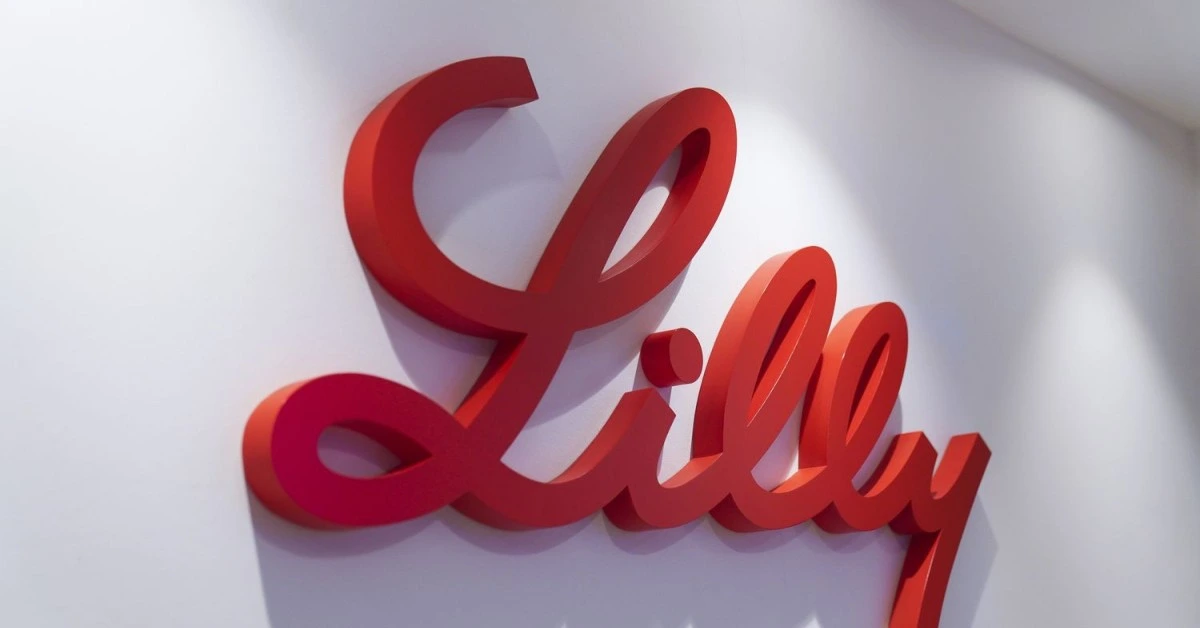
USA – Eli Lilly has entered into a licensing agreement with OliX Pharmaceuticals, acquiring rights to OLX75016, a Phase 1 therapeutic candidate targeting metabolic-associated steatohepatitis (MASH).
The deal, announced on February 11, 2025, is valued at up to US $630 million, encompassing upfront payments, development milestones, and potential royalties.
OLX75016 is an investigational RNA interference (RNAi) therapeutic designed to reduce the expression of a specific gene implicated in lipid metabolism and inflammation, key factors in the progression of MASH.
Currently in Phase 1 clinical trials, OLX75016 has demonstrated promising preclinical results in reducing liver fat accumulation and fibrosis, hallmark features of MASH.
MASH, a severe form of non-alcoholic fatty liver disease (NAFLD), is characterized by liver inflammation and damage due to fat buildup.
It can progress to cirrhosis or liver cancer if untreated. With no approved therapies currently available, MASH represents a significant unmet medical need, affecting millions globally. This agreement aligns with Eli Lilly’s strategic focus on expanding its pipeline in metabolic diseases.
The company has been actively investing in innovative therapies to address complex conditions such as MASH, aiming to leverage cutting-edge technologies like RNAi to develop targeted treatments.
OliX Pharmaceuticals, a South Korea-based biotech firm specializing in RNAi therapeutics, views this partnership as a validation of its proprietary GalNAc-asiRNA platform.
The collaboration with Eli Lilly is expected to accelerate the development of OLX75016, potentially bringing a much-needed therapy to patients suffering from MASH.
Under the terms of the agreement, Eli Lilly will assume responsibility for the global development and commercialization of OLX75016.
OliX Pharmaceuticals is eligible to receive milestone payments based on the achievement of specific development, regulatory, and sales objectives, in addition to tiered royalties on future sales.
Also on Monday, Lilly partnered with Australian biotech AdvanCell to advance radiopharmaceutical therapies for various types of cancer.
XRP HEALTHCARE L.L.C | License Number: 2312867.01 | Dubai | © Copyright 2025 | All Rights Reserved